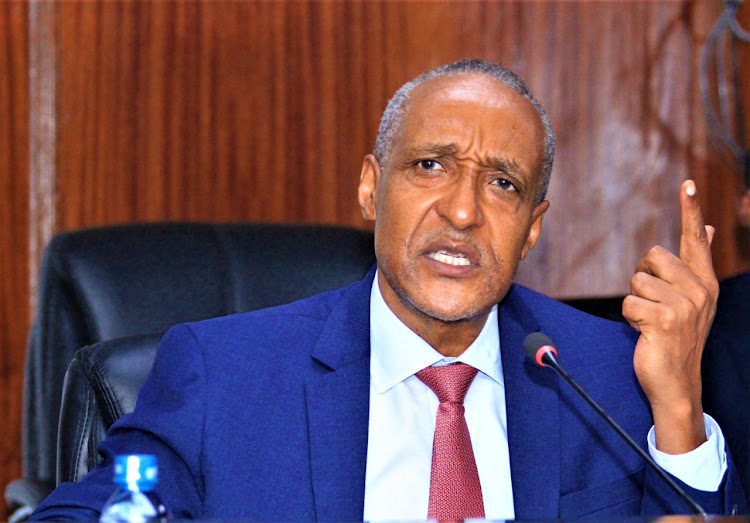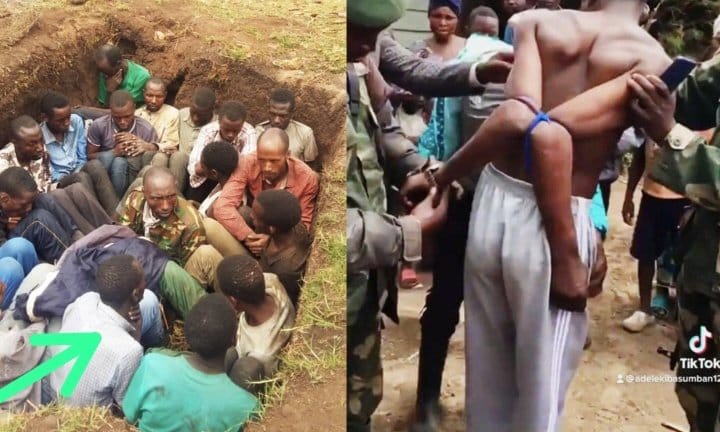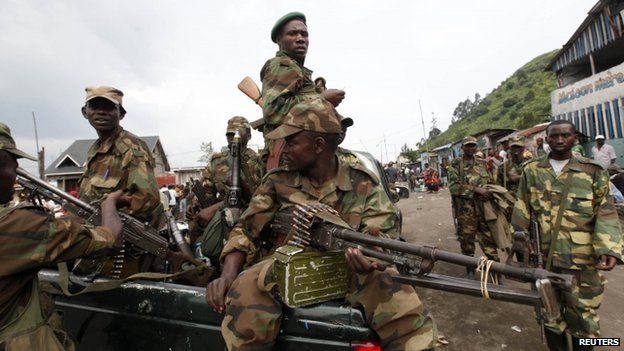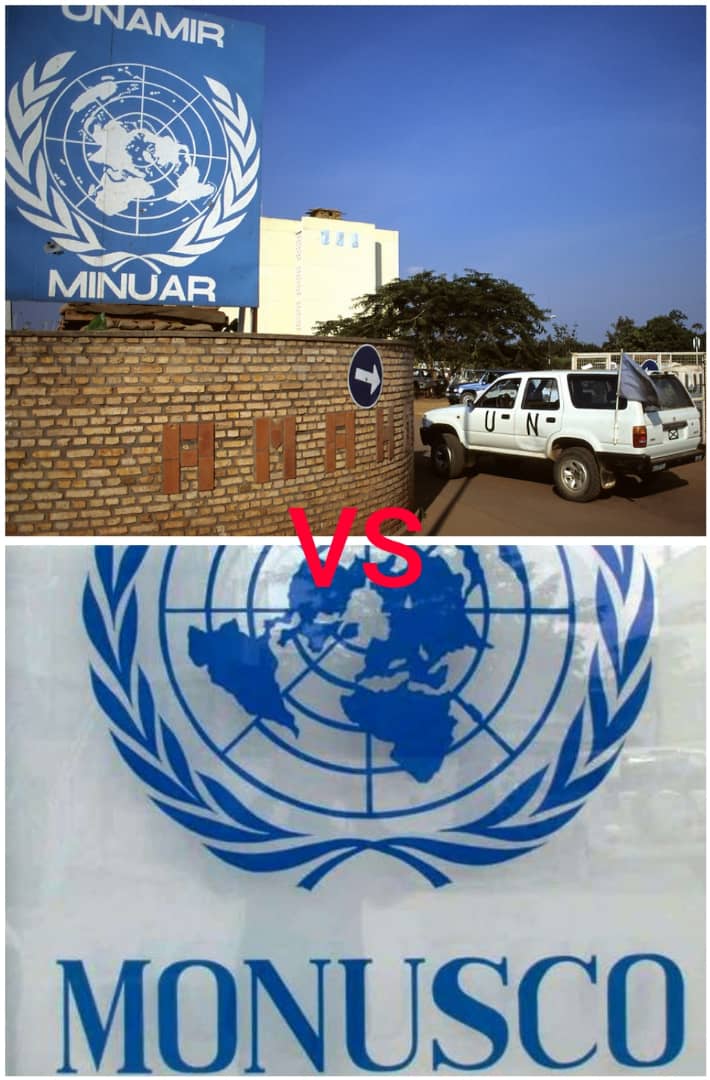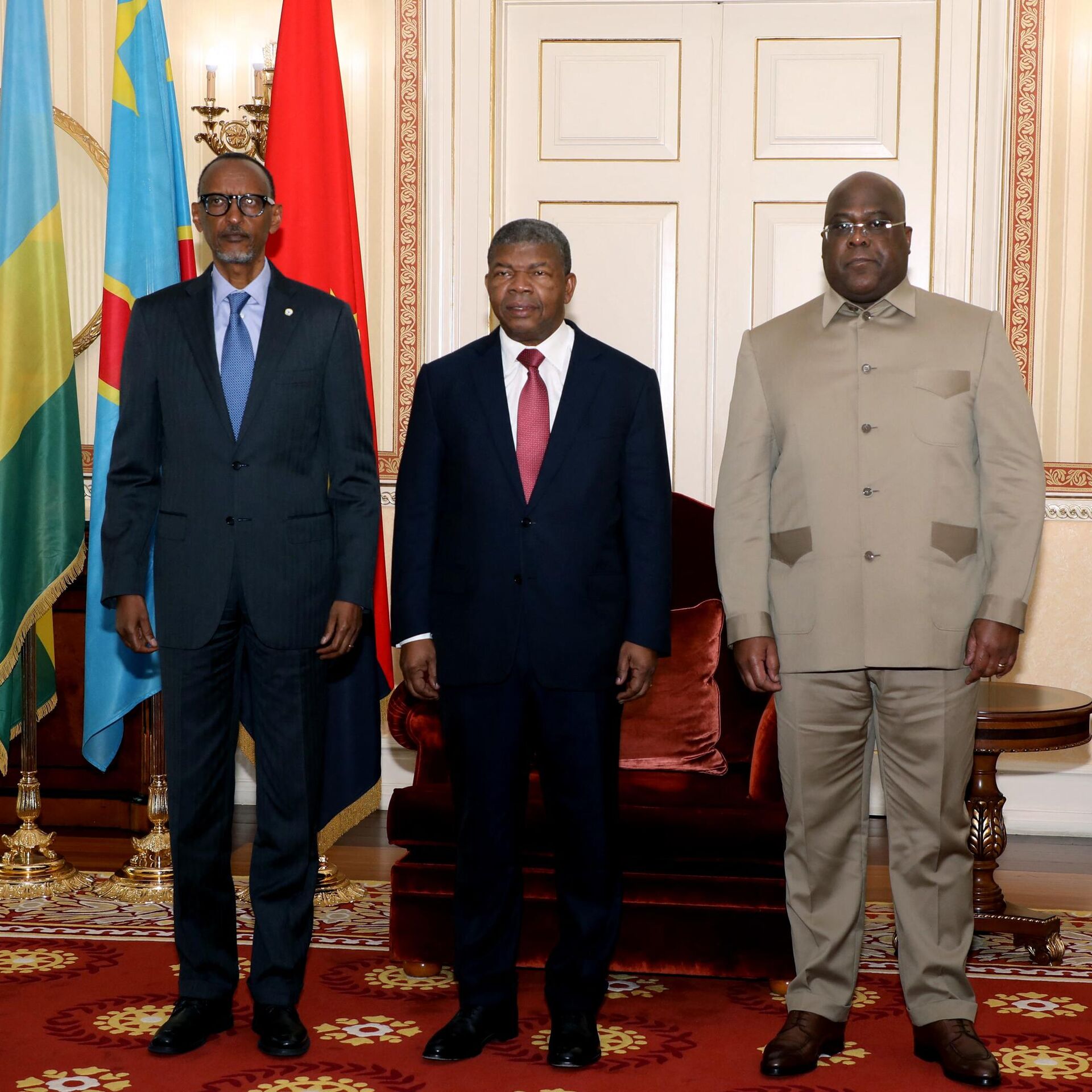Regional
Why Rwanda is interested in peaceful DRC
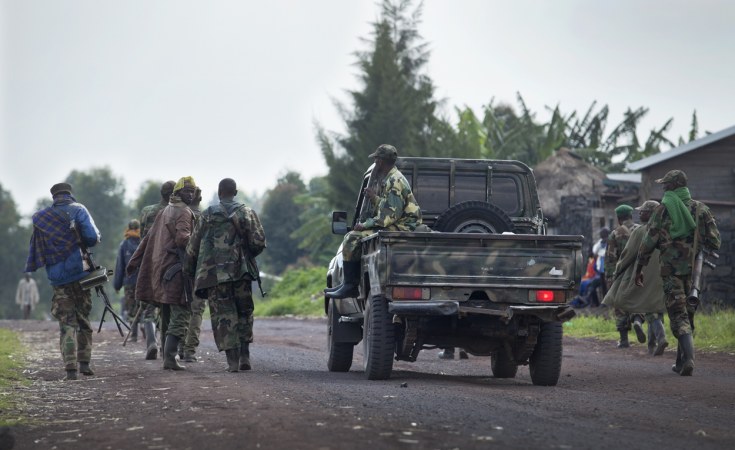
The eastern parts of the Democratic
Republic of Congo, mainly South and North Kivu provinces, share common borders
with Rwanda. For close to three decades now, this Congolese region has suffered
long-standing armed conflicts instigated by many local and foreign armed
groups, now estimated to be more than 130. The insecurity they cause has had far-reaching
consequences, with spill-over effects exported to neighbouring countries,
especially Rwanda.
In tracing the
well-documented genesis of the problem of insecurity in this part of the vast
country, it is imperative to go as back as the early 1980s. However, for the Rwanda-DRC
relations’ setbacks, we can take it from 1994.
In the immediate aftermath
of the Genocide against the Tutsi in 1994, Zaire, now DRC, welcomed and
protected Rwanda’s genocidaires who had fled the country after they were defeated
by the RPA, the armed wing of RPF-Inkotanyi.
These killers were not only
offered state protection Kinshasa. They were also assisted to reorganize
themselves and use the neighbouring country as a rear base to launch attacks on
Rwandan territory. Thousands of innocent lives were lost during
these insurgencies that mainly affected the northern and western regions of
Rwanda.
Consecutive DRC governments,
from Laurent Desire Kabila, his son Joseph Kabila, to the incumbent, Felix
Tshisekedi, opted to sustain their collaboration with the genocidal
force. This is a leadership weakness that has led to loss of countless
human lives in DRC, and also paved way to numerous illegal activities in the
mineral rich region and it continues to prevail, uncensored by Congolese
authorities.
To Rwanda, the concern from
this axis of evil is the worrying permeation of genocide ideology, imported
from Rwanda in 1994 by the genocide perpetrators. Genocide ideology is,
alarmingly, thriving in eastern DRC and targets Kinyarwanda speaking
Congolese.
In a situation akin to
events of the 1994 Genocide against the Tutsi, distressing videos of the
ongoing killings of innocent Rwandophones in eastern DRC continue to circulate
on social media.
A genocide is being
perpetuated by Congolese security forces in collusion with the FDLR militia as
the international community looks the other way. What is most worrying is how
the world continues to show total indifference to the systematic killings of the
Kinyarwanda-speaking Congolese.
The M23 rebel group, largely
made up of Congolese born in these areas, was created out of the need to
protect themselves against the systematic targeting of their population.
Despite the long lasting
security shortfalls in eastern DRC, there exist some binding realities that
both Kigali and Kinshasa need to equally appreciate. Rwanda and DRC are
neighbours for life. This should stick in the minds of all. Peace and security
in both countries is the only winning and workable factor to achieve their
respective development aspirations.
The contrary only worsens
the situation and neither DRC nor Rwanda would benefit from lack of peace and
security.
Permanent people to people interactions
are a leaning that no government can stop. The inter-dependence between DRC and
Rwanda is a fact that cannot be challenged by any leader and therefore, no
country would afford to gain from the insecurity in eastern DRC.
Contrary to the arguments of
some protagonists of the conflict between the two countries, who aim at
nourishing their hatred by coming up with theories to nurture conflicts between
Kigali and Kinshasa, Rwanda has always been committed to joint efforts to bring
about peace and security in the eastern part of the neighboring country.
Having lost over one million
people during the 1994 Genocide against the Tutsi, Tshisekedi’s government
should not expect that Rwanda could turn a blind eye when genocide ideology is
roaming freely in DRC, particularly when such acts are backed with deliberate
shelling of her territory.
Rwanda and DRC are members
of the EAC. For that additional factor, there is need to have a coherent
objective to peace and security and thoughtful two-sided cooperation to achieve
that objective.
The elimination of the
genocidal threats and securing DRC is a win-win for both countries and the
region at large. It should be the focus of all parties trying to intervene in
the conflict in the country.


